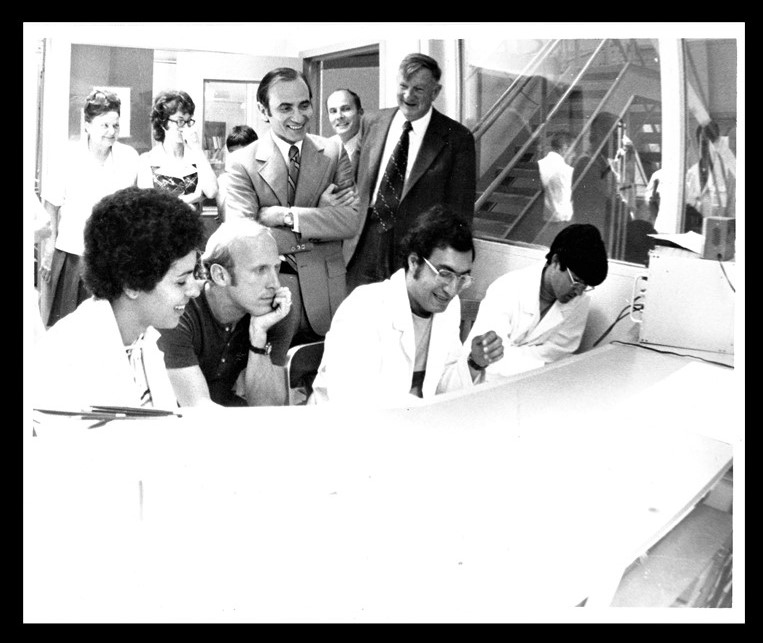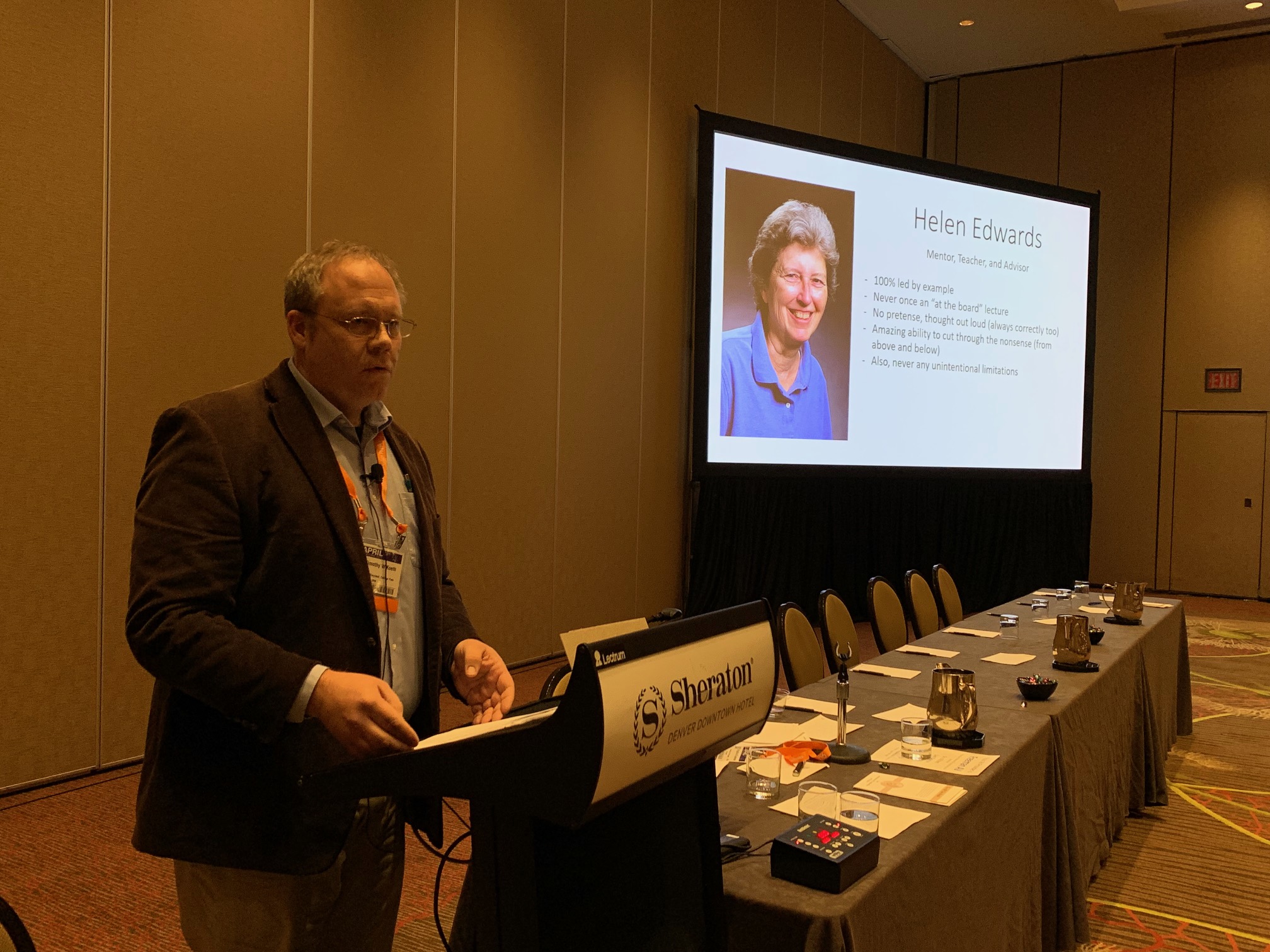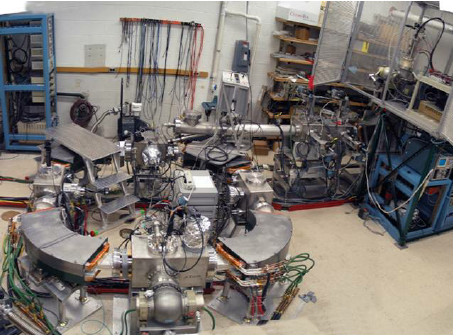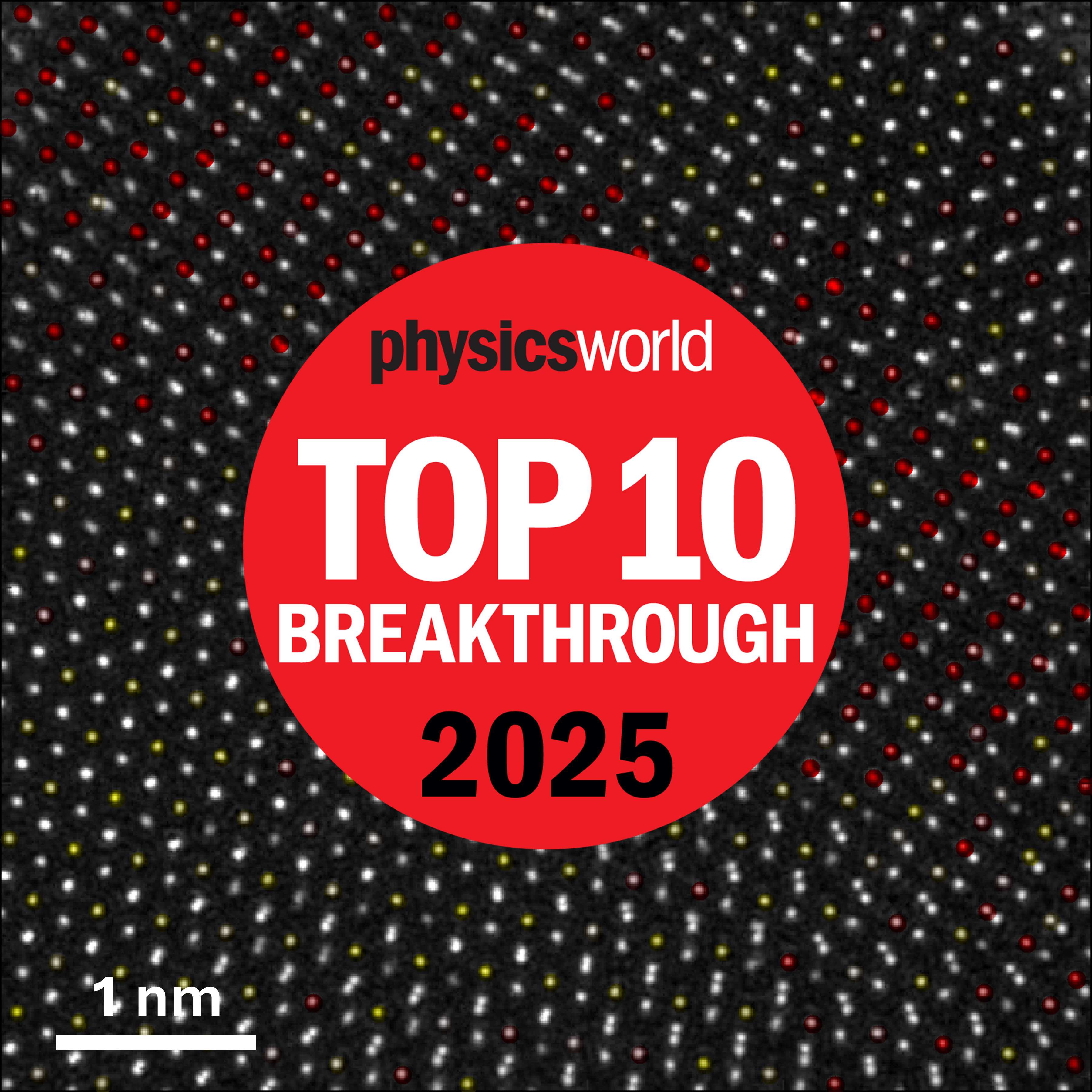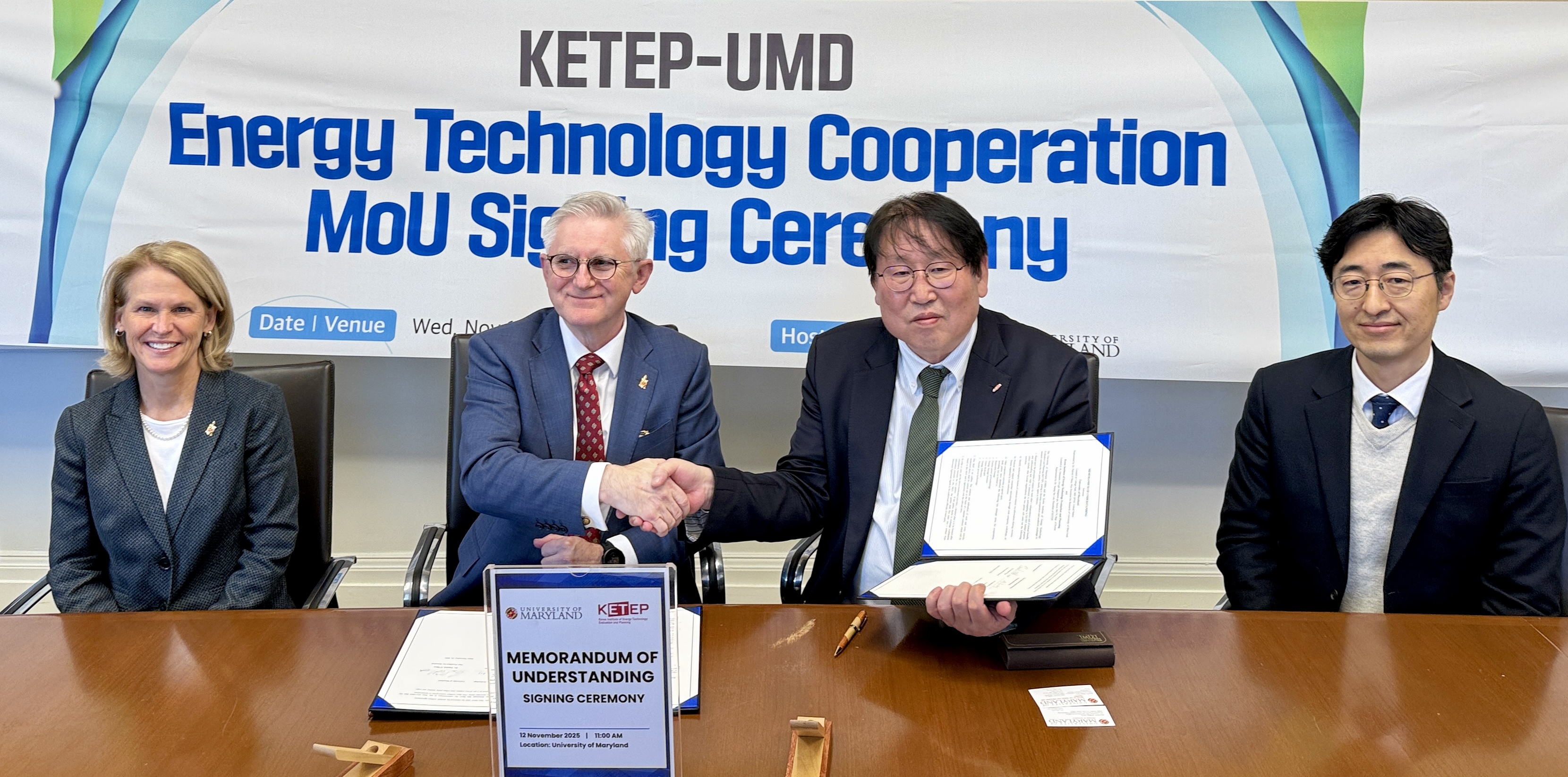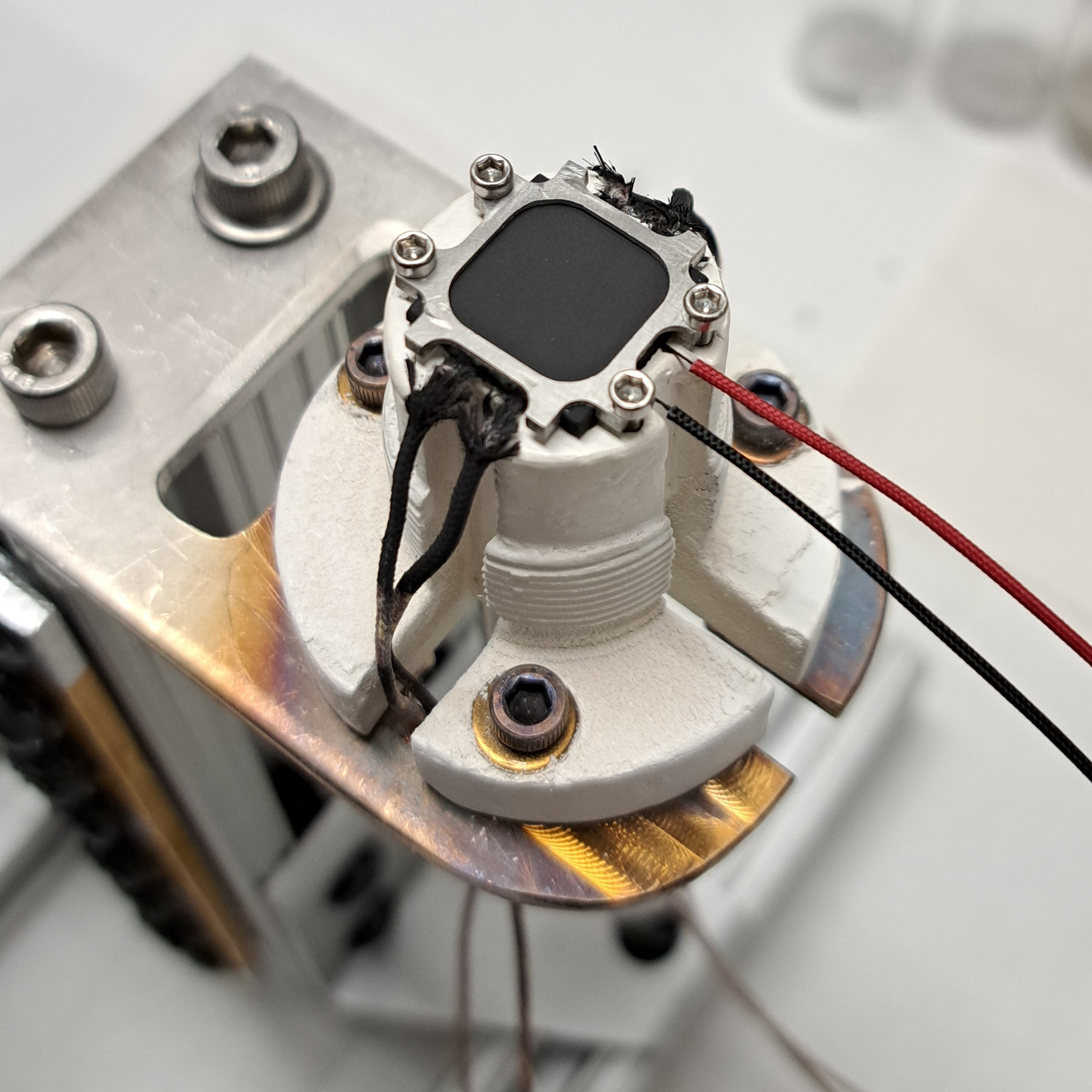News Story
NRC Collaboration Helps Bring Nuclear Engineering Education Online
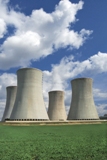
The advent of this program comes at a time when practicing engineers are needed in the reenergized field of nuclear energy engineering. The program gives engineers the opportunity to supplement and develop their current knowledge through a highly focused curriculum without ever needing to step on campus. Students within the program will receive instruction from the Clark School’s foremost experts in nuclear engineering as well as international experts from the public and private sectors.
The NRC recently provided educational funds to the Graduate Program in Nuclear Engineering at the Clark School for the development of online programs and for updating and creating new course content in its "Severe Accidents" course. This course was developed and is collaboratively taught by Clark School faculty and researchers from the NRC. The "Reactor Operations" course was also updated in order to emphasize safety in the operation of the Clark School’s TRIGA research reactor. “In the coming years, the NRC and the Clark School will also collaborate on new courses to assess promising fuel cycles and examine their safety implications,” said Professor Aris Christou, director of the Graduate Program in Nuclear Engineering. “A new course on "Risks of Energy Sources" that compares and contrasts risks and safety characteristics of other substantial renewable and fissile energy sources is under development.”
The curriculum is designed to cover core topics in “Fundamentals of Nuclear Reactor Engineering”, “Mathematical Techniques for Engineering Analysis and Modeling”, “Reactor Physics and Engineering”, “Advanced Reactor Systems and Safety”, and “Radiation Engineering”. Students will customize their educational experience according to their individual needs by selecting from advanced electives in reactor operations and risk assessment:
− Degradation of Materials
− Reactor Operations
− Nuclear Fuel Cycle Safety
− Severe Nuclear Accidents
− Risk and Performance Based Technologies
− Risk Management
− Risks of Energy Systems.
“An online degree program ensures that both existing nuclear engineers and engineers wishing to transition to this high-demand field have an opportunity continue their education from anywhere” said Dr. George Syrmos, executive director of the Office of Advanced Engineering Education in the Clark School.
The new program takes advantage of the Clark School’s key strengths: its research and its experimental facilities, which include a nuclear reactor, a neutron activation laboratory, a high energy linear electron accelerator and a gamma ray irradiation laboratory. Students are provided an immersive and collaborative learning experience that enables ambitious candidates from around the world to share experiences and know-how, while staying in constant touch with the school’s expert faculty.
The online Master of Engineering degree offers the same high level of education and training experienced by full-time, on-campus students. Delivering a truly interactive, virtual-classroom experience that allows for communication with faculty and other students and facilitates the formation of project groups, the online Master's program is structured so that what students learn can be immediately beneficial in the workplace.
Published June 15, 2009

